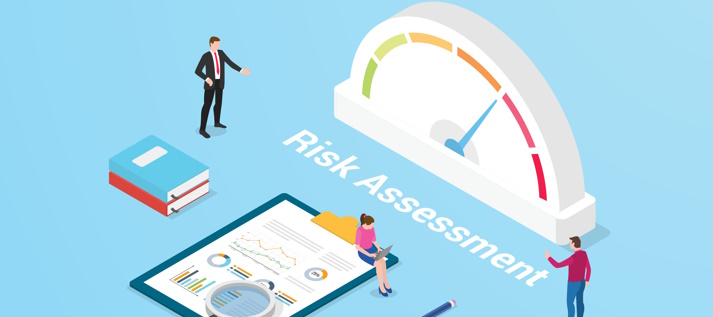The best way to understand how leverage affects real estate returns is to first understand what a lever does. Physicists define a lever as a tool used to gain a mechanical advantage. For example, with the right placement of a physical lever – such as a beam or a stick – you can lift an object that would be too heavy for you to move without the lever.
When it comes to real estate investing, leverage refers to a specific type of lever used to gain a specific type of advantage: using borrowed money to acquire investment property and to increase your potential rate of return on that property.
In this short post, we’ll examine how this type of leverage can boost an investor’s returns. We’ll then briefly discuss a different – and rarely discussed – type of leverage that can also positively affect real estate returns.
How Leverage Can Improve Real Estate Returns
As a private real estate company that has enjoyed consistently strong returns from owning and operating commercial properties, we at Worcester Investments view debt leverage as a tool to help us both grow our portfolio of multifamily properties and boost the rates of return on those assets.
By leveraging the money of financial institutions to add real estate properties to our portfolio, rather than using 100% of our own capital to buy these properties outright, Worcester Investments is able to acquire more real estate and generate higher returns for our investors.
Levered returns vs. unlevered returns
For example, let’s say we discover a multifamily property for sale in our region of focus – the Kansas City Metro Area – and our research indicates the building is undervalued at a $30MM sale price.
Now let’s assume we purchase the property outright, with cash. After a year of owning and operating this multifamily building, we find the value of the property has increased by 5%.
Excluding all of the other details (income, expenses, taxes, etc.) to make the math easier, we have realized an on-paper increase – or an actual profit, if we choose to sell – of 5% on our asset. Not bad.
But what if we had instead bought this property with leverage? What if we had put down just 20% of the purchase price? $6MM and used the bank’s money to fund the difference?
In this scenario, we’ve realized that 5% appreciation in value ($1.5MM) on an investment of just $6MM. That means we’ve seen a 25% increase on our initial capital investment.
The same holds true for the ongoing income that the property generates. A levered return will be higher to the extent that you’re able to realize that return using borrowed money.
If the property generated $1MM in profit during the first year we controlled it, that would mean we realized a 3% profit ($1MM on $30MM in capital investment). But in our leveraged scenario, where just $6MM of our own money is invested, our profit for the year would be closer to 17%.
How Leverage Can Work Against Real Estate Returns
It’s worth noting, however, that leverage can also work against a real estate investor who does not understand or prepare for the risks.
If the interest rate rises on a real estate investor’s borrowed money, to cite just one example, the investor might find a once-profitable leveraged investment suddenly generating negative cash flow.
This is why, at Worcester Investments, we hold our properties in long-term, fixed, low-rate, non-recourse debt, at reasonable loan-to-value ratios.
Another Type of Leverage That Can Boost Real Estate Returns
Let’s return to the broader definition of leverage: any type of tool used to gain an advantage.
In other words, leverage doesn’t only refer to money, not even when it comes to real estate investing.
The other type of leverage that can positively affect real estate returns is the leverage of expertise. Let’s say, for example, that you are just getting into commercial real estate investing, and you’ve been diligently studying the industry for six months. Not bad.
But there’s a lot to learn, far more than anyone can learn in six months, and many costly pitfalls that could ensnare an inexperienced investor.
So let’s say that instead of using just your own six months of knowledge to start searching for your first investment, you seek out a team of experts who have been investing in commercial real estate for more than a decade. In fact, you can compound the value of this leverage further by partnering with a team of experts who have spent that decade-plus specializing in just one type of commercial real estate, and in just one geographical region of the country.
Now, you are combining your own six-month knowledge acquisition with leverage: in this case, the collective learning and specialized knowledge of this team of commercial real estate experts.
And now you’re in a much better position to realize strong returns on your real estate investment than if you had only your own limited knowledge to guide you.
Ready to start benefiting from both of these types of leverage for strong real estate returns? Let us introduce you to the Worcester Fund.
This does not constitute an offer to purchase securities, and that any purchase may be made only through delivery and receipt of a confidential private placement memorandum from the issuer, pursuant to which any potential investor must complete and provide an investor questionnaire, subscription agreement and other things required by the issuer, and are subject to the issuer’s verification of accredited investor status and issuer’s acceptance of the subscription































